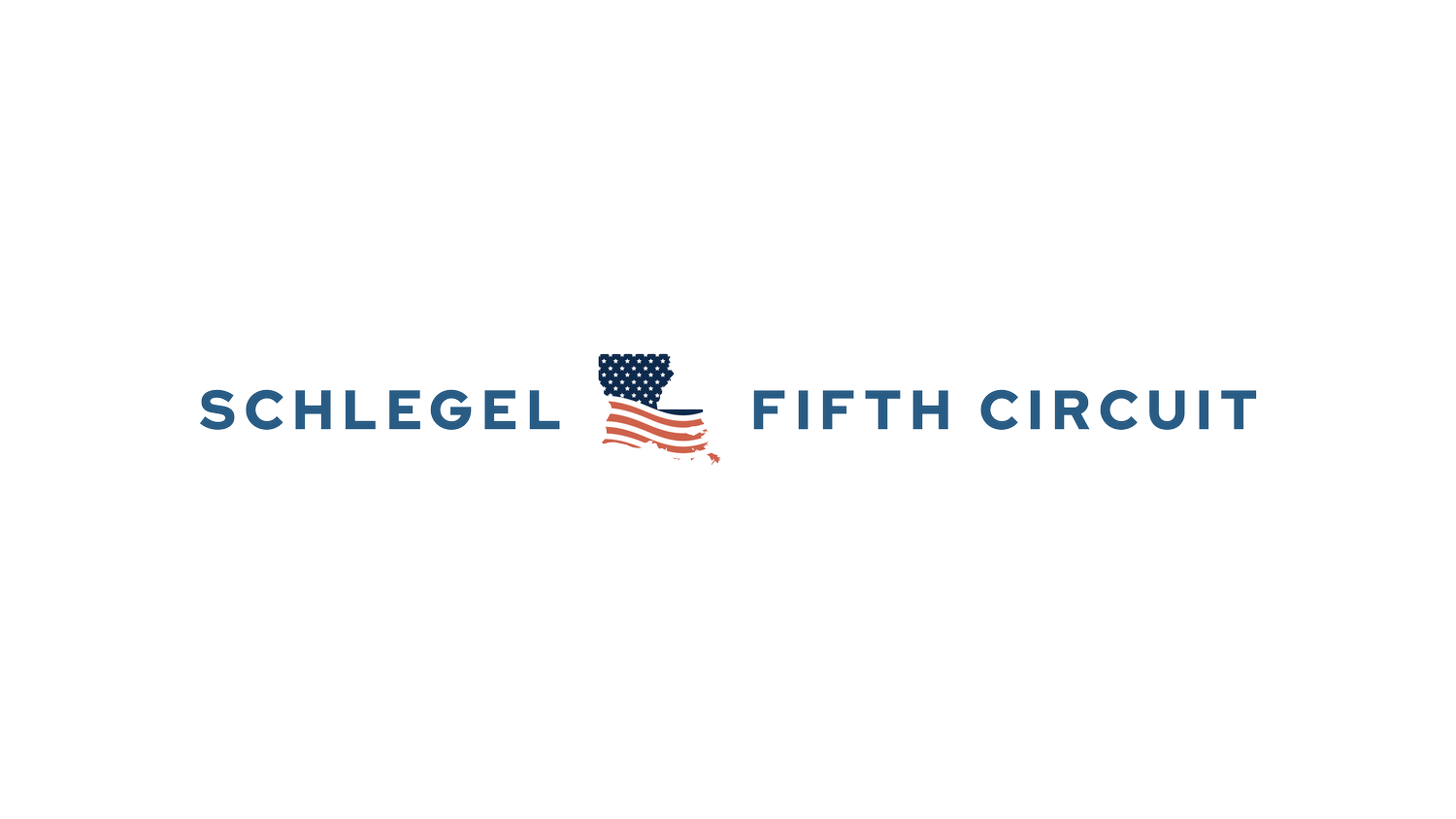When the Tool Shapes the Thinking
🚨Generative AI often works hard to confirm your assumptions. That can make attorneys stronger advocates. Bu it can make judges worse decision‑makers.
Generative AI is changing how lawyers work. Attorneys are using it to draft pleadings, frame arguments, and refine strategies, and in an advocacy setting, that is not necessarily a problem. Once an attorney takes a position, the job is to build the strongest possible case. Persuasion is the goal.
Judges are different. We are not advocates. We are not trying to win or lose. Our responsibility is to get it right, and that difference matters when deciding how and when to use these AI tools.
Here is where the risk enters. Generative AI produces confident, polished answers that feel authoritative, even when they are wrong. And while these systems may not be specifically trained to do it, they will often work very hard to support the position implied by your question. If your prompt signals a conclusion, the tool tends to build an argument around it rather than challenge it.
That can be helpful for attorneys who are trying to strengthen an argument. For judges, it can quietly magnify confirmation bias. If you turn to AI too early, before reviewing the record, hearing arguments, and wrestling with the hard questions, the tool can start shaping your analysis instead of supporting it. Critical thinking can close off before it even begins.
For attorneys, confirmation bias may strengthen the work. For judges, it may weaken it. AI does not know the difference. Judges must.
So if you are a judge exploring these tools, start small. Use them first on issues where you already know the answer, such as a straightforward motion to suppress or a simple summary judgment. Over time, you will see where it helps, where it struggles, and when human judgment and decision making need to jump back in.
Generative AI will find its place in the justice system, but we are not in a race. The goal is not speed. The goal is accuracy, fairness, and trust, and those still belong to us.
Subscribe to my Substack newsletter today so you don’t miss out on a post. https://judgeschlegel.substack.com

